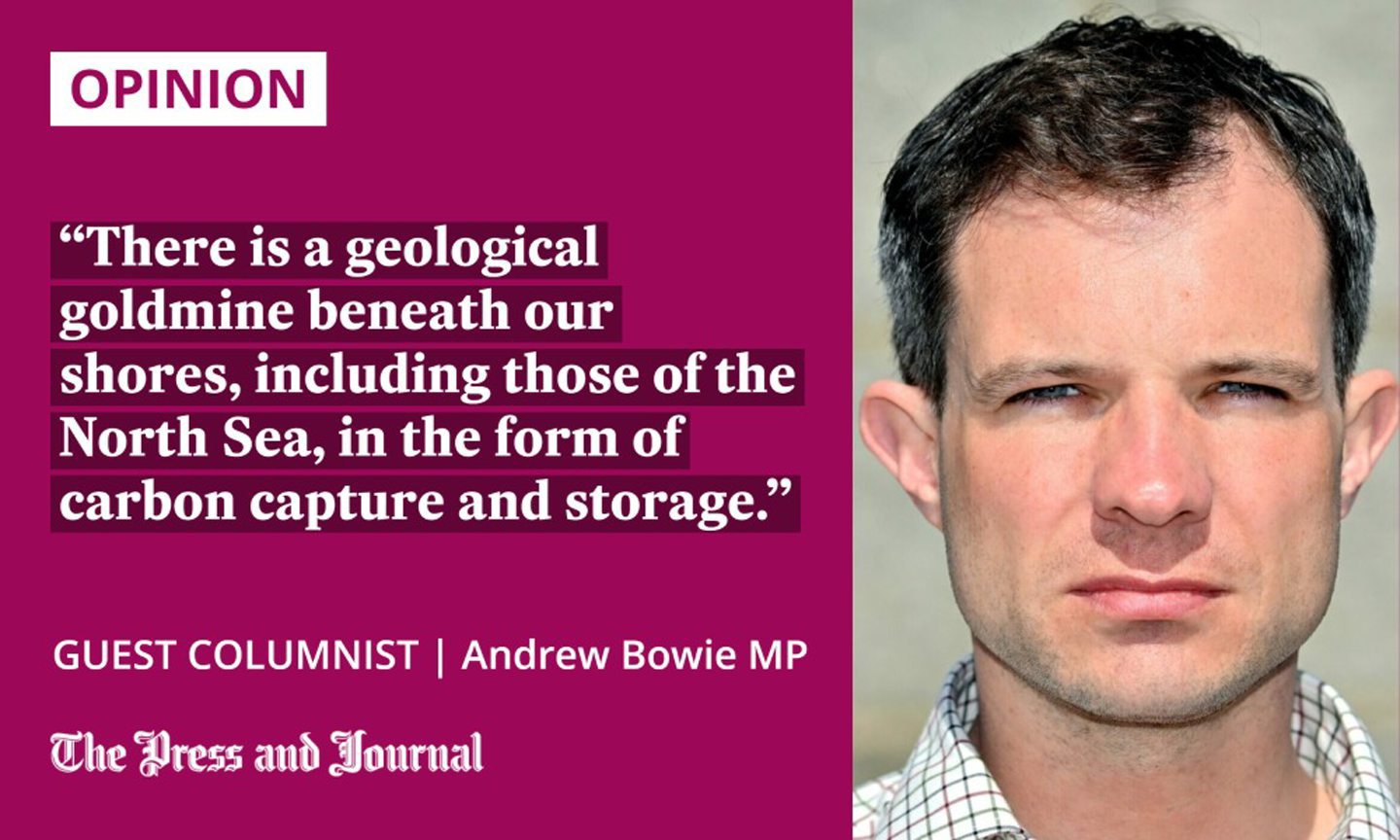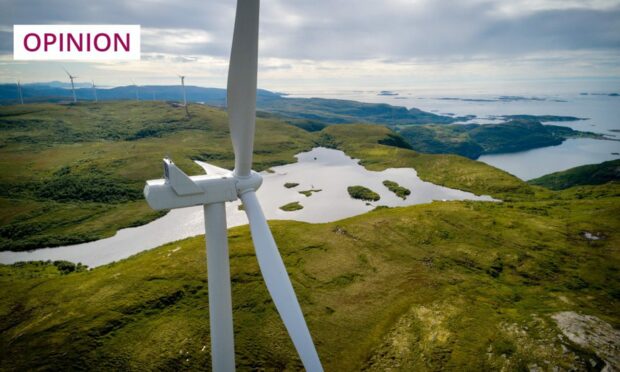Whether it’s our domestic oil and gas supply from the North Sea, or new off and onshore wind, this part of our United Kingdom is central to our energy needs in the 21st Century.
While the British Government intervened to protect families across the country this winter, paying half of a typical household energy bill, we want to make sure that the UK’s energy security is never subject to the whims of a tyrant like Putin again. And our plans to power up Britain are designed to do just that.
There is a geological goldmine beneath our shores, including those of the North Sea, in the form of carbon capture and storage – a whole new technology, using the space left behind from removing oil and gas from the seabed to store carbon emissions for long into the future.

Under new powers proposed by the UK government this week, the North Sea Transition Authority will be able to develop a “treasure map” of what lies beneath the waves, and how much storage capacity there could be.
This new map will give investors the chance to see the true potential of carbon capture, attracting new businesses here and across the UK, and helping to create an industry that could support as many as 50,000 green jobs by the end of this decade.
This new technology is something that could make a huge difference to the economy of the whole country- but that doesn’t mean we’ve taken our eye off the ball when it comes to our other world leading industries. Far from it.
The UK Government’s plan to power Britain from Britain will scale up renewables in all parts of the country.
Shetland high-voltage link
This week, I had the pleasure of visiting the Shetland Islands to see the construction of the new High-Voltage Direct Current link.
It truly is a feat of engineering and on completion in 2024, this 260km submarine power cable will hold the potential to deliver secure, renewable energy to every home and business in Shetland.
On top of this, we have the world’s three largest offshore windfarms, including Moray East Wind Farm off our coast.
This meant last year we contracted a record capacity of almost 11GW of clean energy, and we are building on this ground-breaking renewable delivery through our flagship Contracts for Difference scheme, to drive down energy costs for consumers.
‘Investing in hydrogen’
We’re also investing in hydrogen, set to be the super-fuel of the future, strengthening the UK’s hand in this industry by announcing the allocation of £240million to 15 projects to develop new low carbon hydrogen production plants.
None of this would be possible without the expertise and underlying security provided by our oil and gas industry, who for years have provided Great Britain with reliable power.
Still, that industry adds £17bn annually to the UK economy, supporting 120,000 highly skilled jobs in Scotland and the wider UK, and is expected to contribute up to £50bn in tax over the next six years.
The sector is also playing an indispensable role in our energy transition, working hand in hand with the renewable industry to deliver the high-quality skills, innovation and new infrastructure we will need.
THE STOOSHIE: Podcast on Shetland’s hopes renewable jobs boom
While renewables like wind, hydrogen and carbon capture will clearly play a critical role in our net zero future, we will continue to need oil and gas as part of that transition and, like those other home-grown energy sources, to underpin our energy security.
It is therefore just common sense to make sure we have our own resources for this, rather than having to rely on imported liquified natural gas shipped in from other countries – which can have twice the production emissions of the gas we produce here.
Projects like the Shetland High-Voltage Direct Current link are putting us on the map as Europe’s energy powerhouse
I’m incredibly proud of Scotland’s role in powering Britain, with the energy industry providing huge opportunities for businesses in Scotland to employ more people and export their expertise around the world.
Projects like the Shetland High-Voltage Direct Current link are putting us on the map as Europe’s energy powerhouse, spearheading Britain towards a brighter, cleaner and more secure energy future.
Andrew Bowie is UK energy minister and MP for West Aberdeenshire and Kincardine

